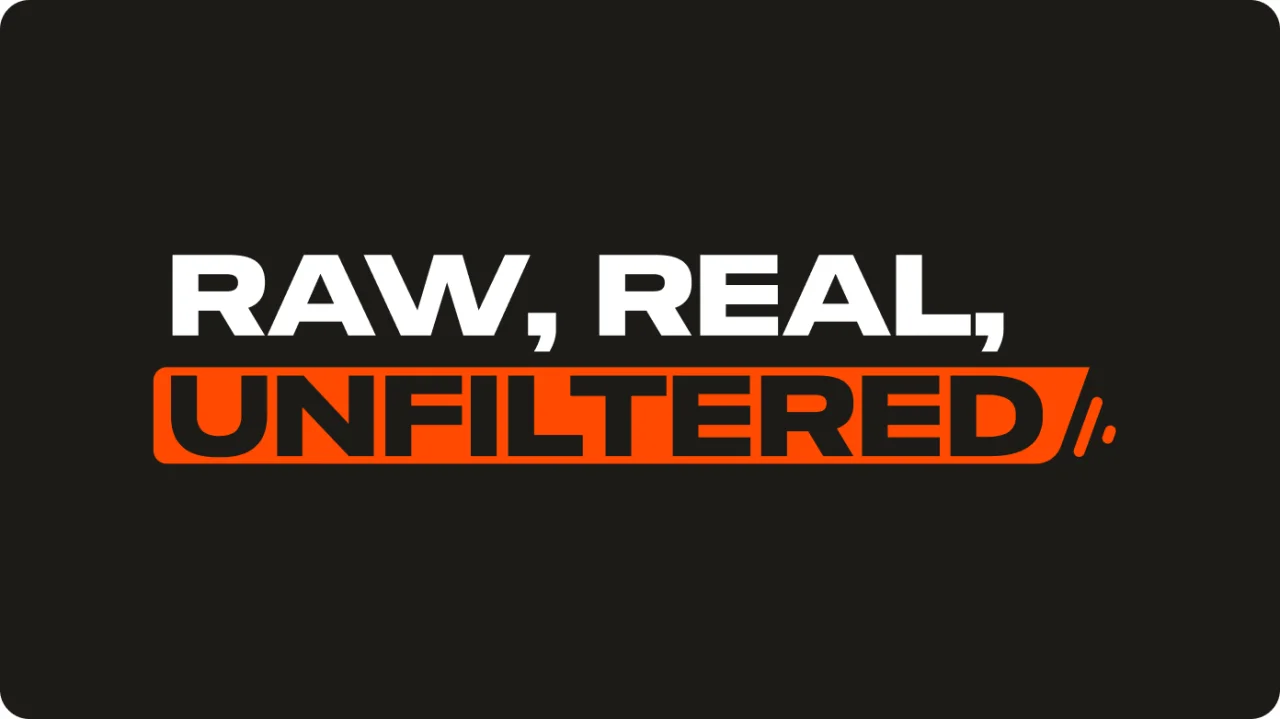What Makes Startups Overlook Compliance?
There are a few reasons new founders deprioritize compliance:
“I’m not making money yet. Why bother?”
“It’s just me right now. I’ll handle that when I hire.”
“It’s too complicated. I’ll figure it out later.”
Skipping compliance is like ignoring a slow leak. Fine today, flooded tomorrow. Putting off compliance poses risks that become trickier and costlier to resolve as your business expands.
Why Is Compliance Important for Startups?
Business compliance builds credibility, protects your assets, and keeps your business legally sound. Starting with a strong legal foundation gives you room to scale without surprises.
Maintaining compliance can attract investors and partners looking for a well-run and secure business to collaborate with.
Initially ignoring compliance requirements can lead to costly penalties, legal issues, and lasting harm to your company’s image.
The Real Risks of Non-Compliance
The consequences of non-compliance aren’t just theoretical. They’re expensive and disruptive. Here’s what can go wrong:
Fines and penalties. These can stack up fast for missed filings, unpaid taxes, or operating without required licenses.
Losing your business entity. Forget to file your annual report or pay a renewal fee? Your LLC or corporation could be administratively dissolved.
Personal liability. If you never legally separate yourself from your business, creditors could come after your personal assets.
Tax issues. Failing to get an EIN, pay quarterly estimated taxes, or collect sales tax correctly can lead to audits, back payments, and interest.
Reputation damage. Late payments, lawsuits, and compliance missteps can hurt how banks, partners, and clients see you.
Staying on top of all legal and financial obligations is crucial to protect both your business and personal assets. Maintaining good recordkeeping practices and seeking professional advice can help prevent these issues from arising.
Compliance Is an Investment, Not a Roadblock
According to the U.S. Chamber of Commerce, small businesses spend more time and money on compliance than ever. But it’s cheaper than lawsuits, tax penalties, or losing your business altogether. Compliance doesn’t have to be scary, expensive, or complicated. It just needs a solid foundation and consistency to keep up with requirements.
Foundational Steps to Compliance
Before you launch or while you’re still getting clients, handle these basics:
Choose your legal structure. LLC? Sole proprietorship? Corporation? Each one affects your taxes, liability, and paperwork. Register with your state’s Secretary of State or Corporations Division.
Get an EIN. This free number from the IRS lets you file taxes, open a bank account, and pay contractors legally.
Open a business bank account. It protects your personal assets and simplifies bookkeeping.
Check your local licensing requirements. Some industries and cities require special permits. Don’t assume, verify.
File your taxes the right way. Understand what’s due and when, whether it’s sales tax, payroll tax, or estimated quarterly payments.
Keep good records. Use digital tools to organize receipts, contracts, tax forms, and renewal notices.
Stay organized and keep detailed records of all financial transactions to make tax season easier and avoid potential audits. Avoiding costly mistakes can reduce future stress and expenses.
Cash Flow and Compliance Can Work Together
Financial compliance for small businesses goes beyond just tracking expenses. But you don’t have to choose between survival and compliance. Here are a few cash flow solutions to make room for compliance while still growing your business:
Automate your tax savings. Use software that sets aside a percentage of each payment for taxes automatically.
Prioritize what’s legally required. Focus first on registrations, EIN, taxes, and licensing before drafting fancy contracts or building an HR handbook.
Outsource strategically. Hire a bookkeeper or compliance service for a few hours a month to handle filings and alerts.
Build a compliance calendar. Set simple reminders for license renewals, tax deadlines, and annual reports.
By building compliance into your cash flow strategy early, you avoid the pitfall of scrambling to fix issues later. Consider investing in professional business, legal, and financial advice to ensure your business complies with relevant regulations.





